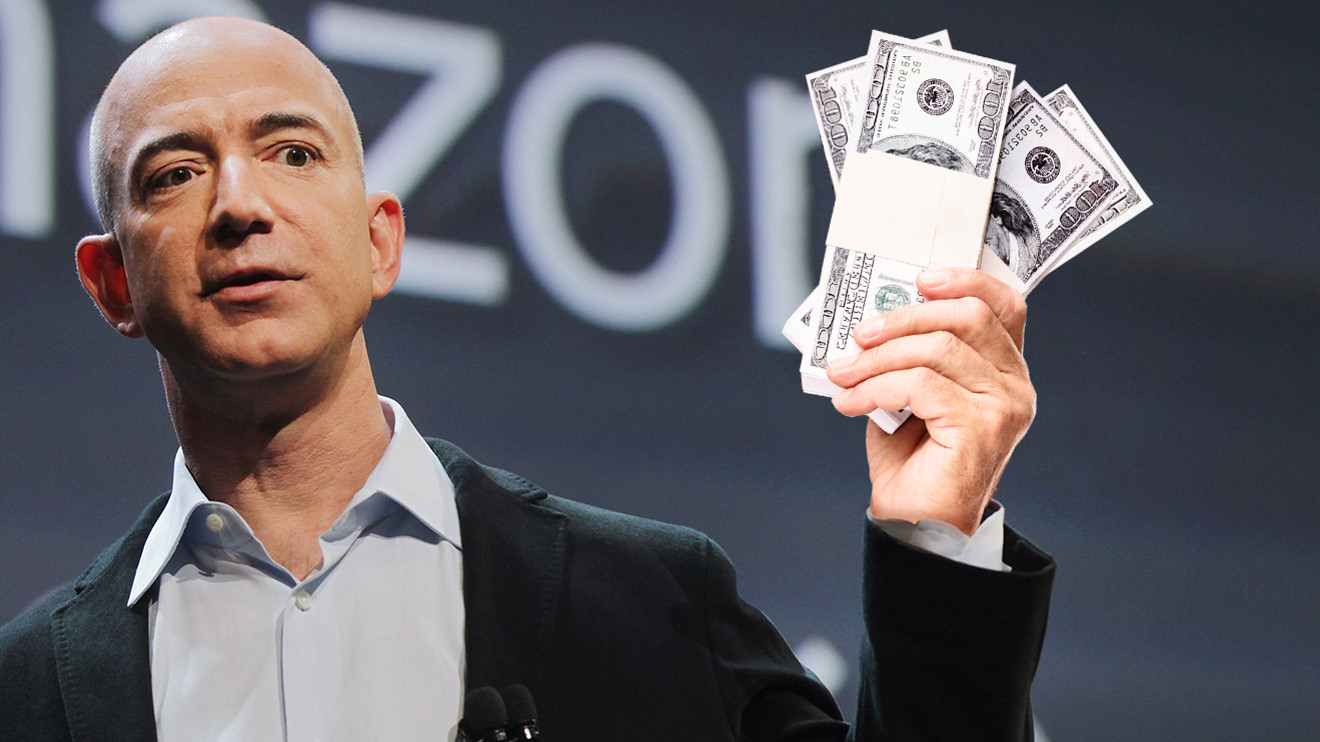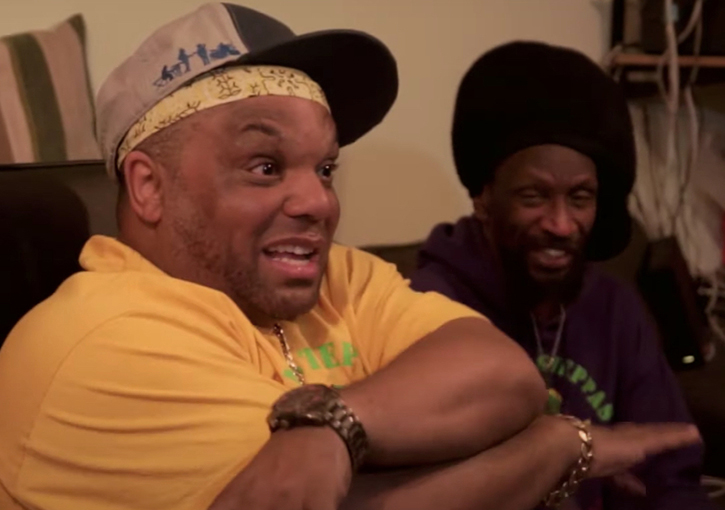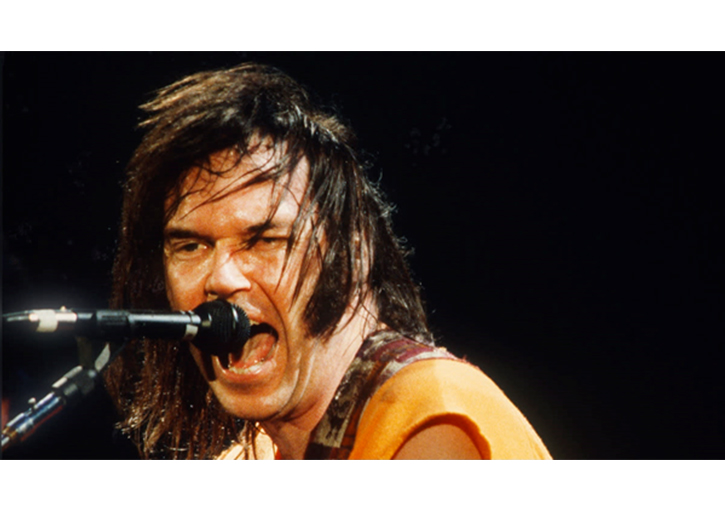
Amazon CEO Jeff Bezos $2 Billion Donation
Amazon’s CEO Jeff Bezos announced on twitter that he and his wife MacKenzie would pour $2 billion unto a new organization, the Bezos Day One Fund, to combat homelessness and create a network of preschools for lower in come children. While a lot of questions are still left unanswered about the details, the moves seems like a promising and soundly straightforward attempt to help americas poor.
Bezos should be celebrated uncritically for his generosity. Whenever a massive fortune is used to do good, it can’t help but raise questions about how that fortune was made in the first place. And the timing of Bezos’ new venture is especially fraught, given Amazon’s recent role in killing a tax that Seattle lawmakers had hoped would fund the city’s own anti-homelessness efforts. It’s simultaneously smart philanthropy and a symptom of what’s ailing our country to begin with.
Bezos-net worth: $163 billion and counting has never particularly involved in philanthropy (unless you count his $250 million purchase of the Washington post. One of his biggest donations was $33 million gift to a group that gives scholarships to immigrants, for instance .
“For philanthropy, I find I’m drawn to the other end of the spectrum: the right now.” As an example, he cited Mary’s Place, a homelessness relief organization in Seattle that Amazon has supported (though not without some hiccups).
The Bezos Day One Fund will stick close to that sketch. Part of the money will be used to open a nonprofit chain of “full-scholarship, Montessori-inspired preschools in underserved communities.” The other portion will be used to fund existing nonprofits that provide shelter and food for homeless families. Once again, Bezos offered Mary’s Place as an example.
It’s too early to fully pass judgment on Bezos’ new fund as a philanthropic effort, since the organization hasn’t actually done anything yet and the rollout is short on details about how it will work. But David Callahan, the founder and editor of Inside Philanthropy, told me that based on his early outline, Bezos seemed to have a “smart plan” that avoided some of the traps billionaires commonly fall into when they try to donate large sums of money. Unlike, say, Ivy League colleges or world-renowned medical centers, homelessness and pre-K are both underfunded causes that generally don’t attract the attention of wealthy donors. Bezos also isn’t likely to duplicate a lot of pre-existing organizational infrastructure: The U.S. needs more affordable preschools, and he’s giving to homeless groups that are already doing good work, rather than trying to bigfoot them. And while $2 billion may not seem like much compared with Bezos’ vast personal resources, there’s something to be said for going slow. “These people often do start small,“ Callahan told me. “Because remember, this is hard work. A lot of these philanthropists, no matter how much money they have, say, let’s put some initial cash on the table, let’s start to do some things, we’ll see what works.“ Also, if you forget the source for a moment, $2 billion is quite a bit of money—roughly the size of a top 50 college endowment.
Especially since so much of his wealth is tied up in the stock value of his company, every dollar Bezos gives away is in part a reminder that many of his workers could use a raise. In this case, it’s also a reminder that Amazon helped squash Seattle’s own recent effort to address its homelessness epidemic. The 18th largest city in the country, Seattle has the country’s third largest homeless population; its City Hall is currently doubling as a temporary homeless shelter each night. Earlier this year, the City Council proposed a $500 per employee tax on the city’s large corporations, with proceeds going to fund affordable housing and relief efforts.
In protest, Amazon paused construction on a new tower in downtown Seattle and hinted it might move its workers elsewhere. Eventually, local lawmakers passed a smaller, $275 per-head tax that would have raised about $47 million a year, about a quarter of which would have come from Amazon. Along with Starbucks, Kroger, and other big companies, though, Amazon funded a campaign to get the tax repealed through a ballot initiative. Eventually, fearful City Council members backtracked and repealed the tax themselves.
In his Twitter announcement, Bezos did not specify how much of his Day One Fund will be spent fighting Seattle’s homelessness problem in particular, and how much of its grant giving will be spread nationally. It’s possible that the city will end up with more resources to fight homelessness thanks to the man’s largesse than it would have ever raised through its tax. But that would mean the city would be giving up control to the private hands of a man who doesn’t answer to voters. That may turn out to be a worthwhile exchange, but it also encapsulates the fundamental challenge billionaire philanthropy poses—even when it’s used for good purposes, there’s not much accountability when things go wrong.




